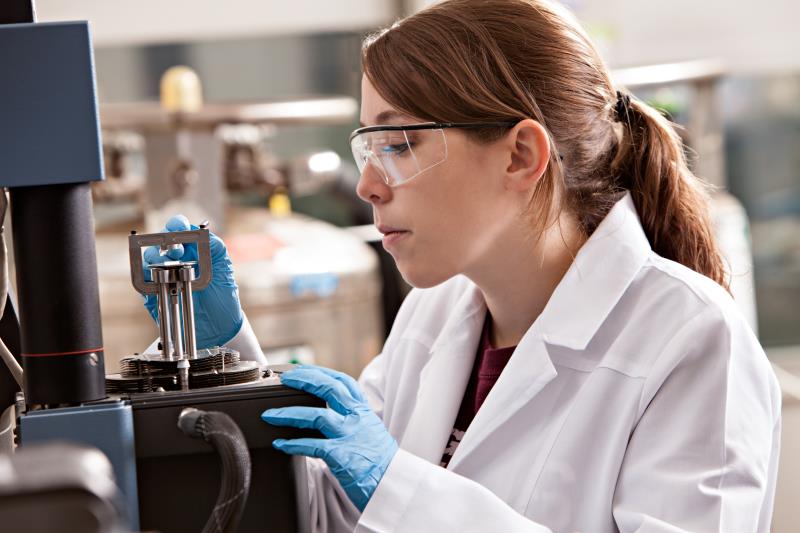
Medical device coatings are a huge step in today’s advancing field of medicine.
In the world of medicine, catheters and other invasive devices have become the focal point for experimentation. It’s an exciting prospect as device developers and manufacturers incorporate new coating technologies that are improving the way that these devices function within the body. In order to create a safe product, there must be substantial research performed beforehand to ensure that it offers a solution to the patient. Here is a brief rundown on why medical device coatings are created and why they’re utilized in today’s field of medicine.
Why is There a Need for Medical Coatings?
Medical devices are coated through thin film evaporation for many reasons. One of the most common is to provide the device with more properties beyond what its base substrate offers. This can include anything from an easy glide into the body, to attaching drugs or biologically active compounds onto the device itself. This can provide substantial benefits to the human body such as lowering the risk of infection post-insertion, reducing blood clots, and countering the body’s rejection of the invasive device. The human body is naturally designed to reject foreign objects. And, for example, when a catheter is inserted, clots can form and create significant health issues for the patient if left untreated.
To sum it up, medical devices are coated with numerous compounds for health benefits and to provide additional resources for specialists to counter the weight of contraindications. Whether the device is coated or not, depends on the characteristics of the coating, as well as the reason for applying it.
Denton Vacuum, LLC is the leading manufacturer for thin film evaporation. For inquiries on products, please visit Denton Vacuum, LLC online today.




